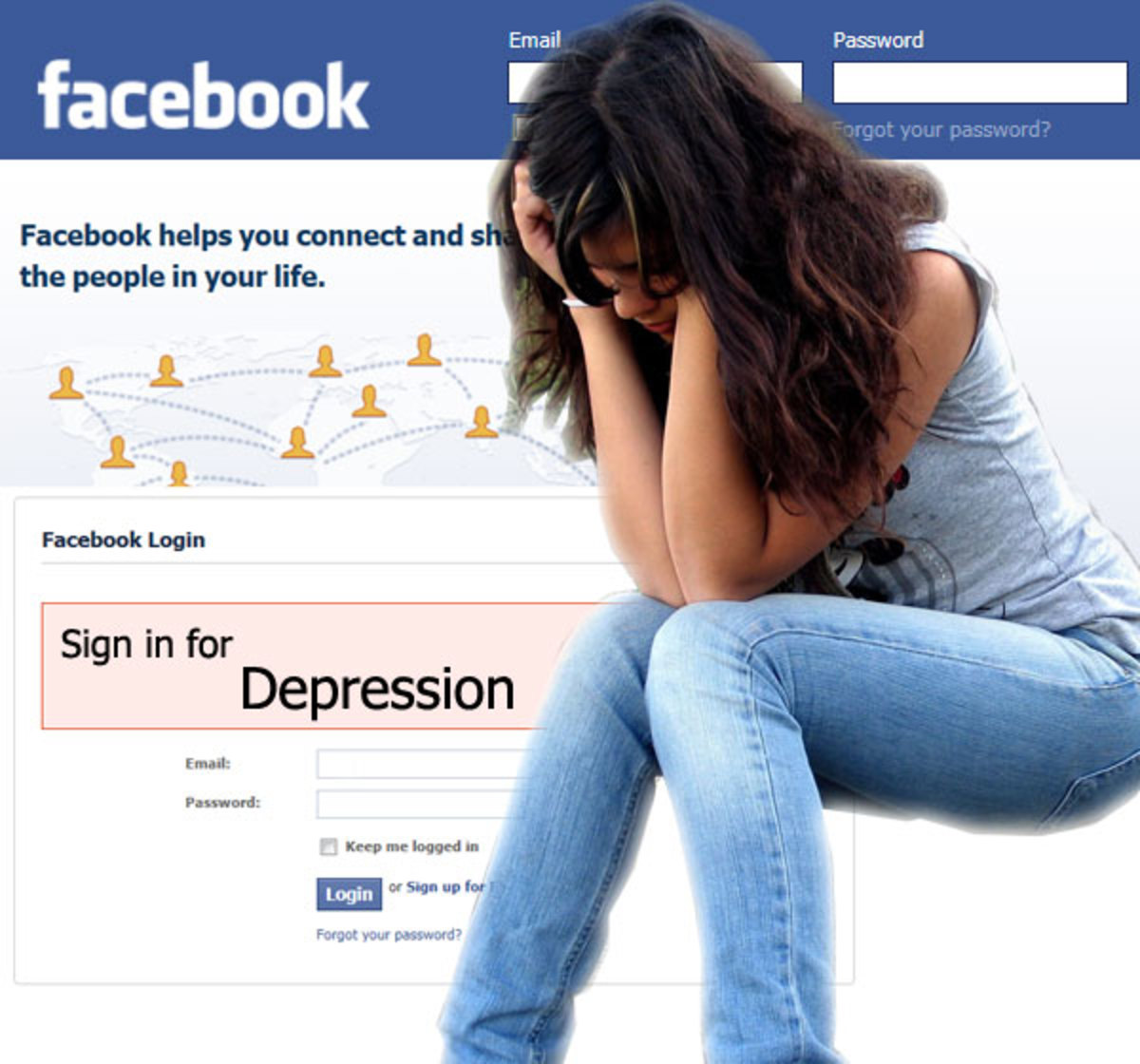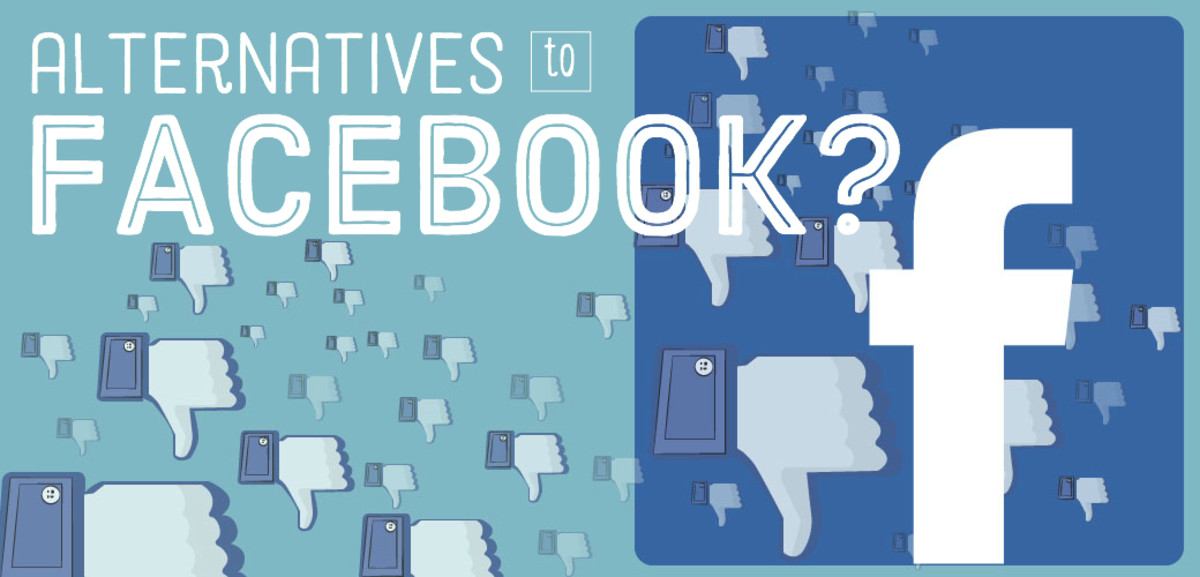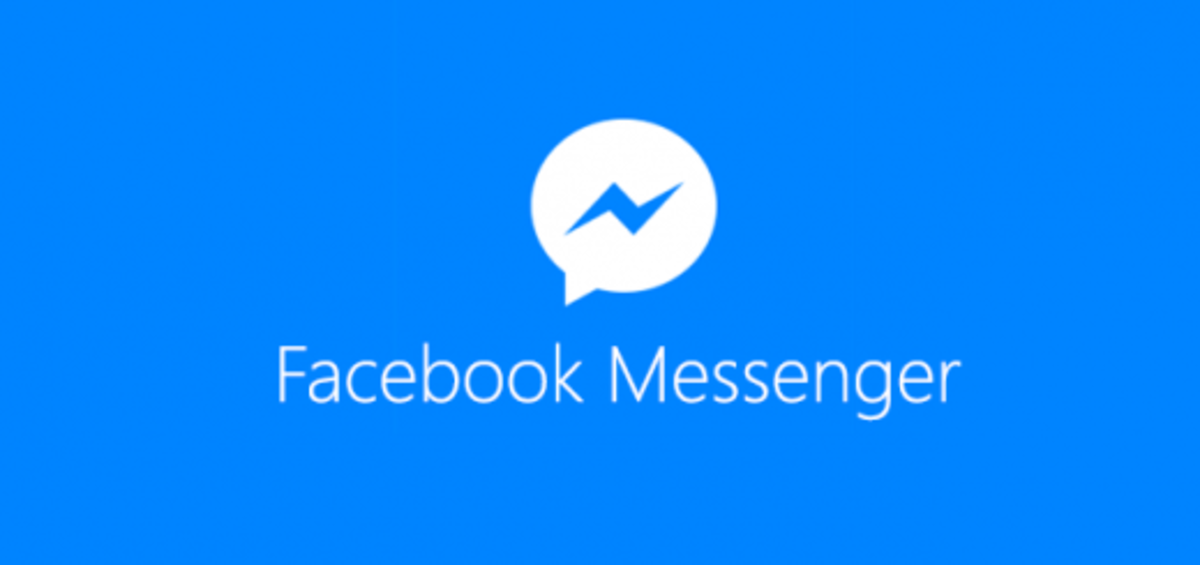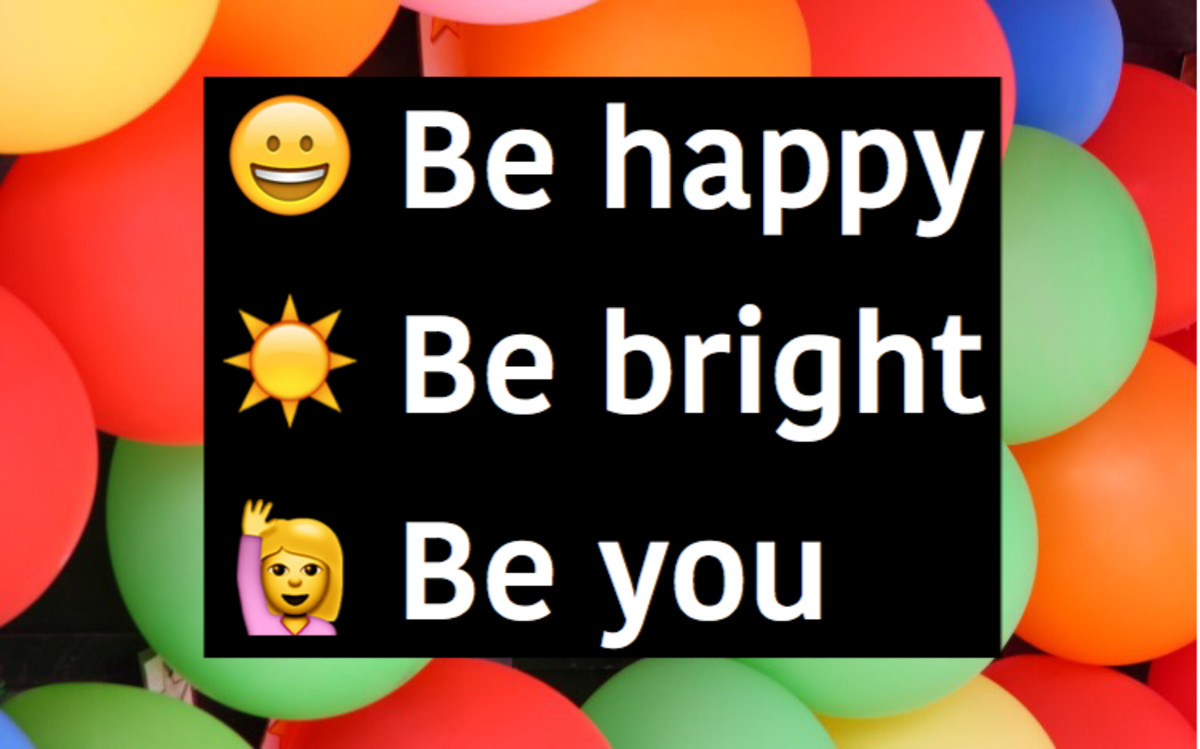- HubPages»
- Technology»
- Internet & the Web»
- Social Networking
The Dangerous and Unseen Effects of Your Facebook Profile

Profile Envy
Research into the adverse affects associated with what Facebook users have so far termed " profile envy ", suggests that we are naturally and habitually inclined to make high-social comparisons, by comparing ourselves with those people that appear to be better off than we are, as well as to make low-social comparisons, wherein we compare ourselves with those who appear worse off than ourselves, thereby holding ourselves to an unnecessary and unhealthy level of personal scrutiny, which keeps us perpetually making inaccurate, incomplete, and misplaced judgments about others, and thus, ourselves.

Our Social Inadequacies
Though, the prevalence and prominence of Facebook for expanding our personal social circles and growing social capital cannot easily be denied, a series of more recent studies have shown that an unhealthy overuse of Facebook and other social networks can negatively impact on our moods and overall sense of self.
A considerable amount of early research has also highlighted potential downsides linked to a significant overexposure to the social image as portrayed within social networks.
The studies identify significant increases in emotions of social inadequacy that social network users both consciously and subconsciously derive from examining the content of their friends’ Facebook profiles which then develops into profile envy.
Our Self Dissatisfaction
Recently, media outlets have been aflurry with news of a new study offering some surprising findings concerning the wildly growing "selfie" trend.
"It has recently been announced by public health officials in the UK, that the addiction to social media such as Facebook and Twitter can be likened to an illness, and that more than 100 patients seek treatment each year for either narcissism or for exceptionally low self-esteem.
Another finding at the School of Psychology at Flinders University in Australia, a Dr. Amy Slater and Professor Marika Tiggemann researched the short-term effects of Internet use on girls aged 12-16, discovering that of the 96 percent of girls studied, 72.1 percent regularly upload pictures of themselves."
Source: Selfies: Platform for Positive Self-Image or Cry for Attention and Validation?
While Facebook and other prevalent social networks may be a positive avenue for fun and creative self-expression, these digital manifestations of our personal online presence can often qualify as a self-presentational method to compensate for a moderate to extreme lack of self-confidence.
The various research studies into the overall psychological effects of social networking suggest that we use the Facebook profile of others to constantly image and re-image our perception of ourselves based upon the positive or negative feelings that are aroused upon examining the digitally bolstered and bedecked media content of another Facebook user's profile. By subconscious instinct, we then take these inflated impressions outside of proper context and accept them as wholly genuine. These psychological impressions then become reinforced within our psyche, perpetuating these self-defeatist delusions.

Playing Profile Catch-up
Behavioral psychology has long observed that we as a species are naturally conditioned to project only our best, though, "our best" may often be quite unrealistic.
In today's modern social landscape it seems like our Facebook and other social network profiles have now become yet another, though modern, vehicle for keeping up with the online-Joneses.
Our Selective Self-presentation
One particular study found that the act of actively examining the social network profiles of socially attractive people (compared to unattractive people) quite often led to dissatisfaction and a more pronounced negative self image as a result of profile envy.
In the study, men viewing the Facebook profiles of other men they perceived as successful, often seemed less satisfied with their current status and career, than those men who chose to view the profiles of men who they perceived as less successful than themselves.
Earlier research studies have noted the striking potential that relationship-building social network sites like Facebook possess to spark potentially heightened emotions due to relational rivalry and jealousy. Emotions ranging from fear of abandonment, rage, humiliation, and general mental uneasiness have been found particularly likely as the result of romantic social network involvement, due mainly to our innately competitive nature.
Another study found that Facebook users who would spend an excessive amount of time on the social network each week, were significantly more likely to develop profile envy and to also believe that others are happier and enjoying better lives than themselves.
Though, Facebook media content can be used as a sincere personal log, many Facebook users have chosen rather to garment and ornament their profile presentation's overall outer image to present themselves as attractive, popular, entrancing, hot, successful, or otherwise enviable. The study researchers term this selective self-presentation, and suggests that Facebook users consciously choose what they will post or share to effect a certain level of social status and profile envy among peers worldwide.

Social Networking Poll
What feelings do you consistently experience when visiting the Facebook profiles of others?
Our Trumped-up Online Self-image
Media content, as presented on social networks, places a curious lens on the customization of the digital-self, and also seems intrinsic to it's very construction, though, quite often to the detriment of our perception of self and overall well-being. The ideal self that we aspire to, then becomes based on the actions, behaviors, and habits indicated, and often grossly exaggerated, in current social network and media content.

Inconsistencies in Our Ideal Self-image
Often the inconsistency observed between a social network user's ideal online self and their real personal self-image may materialize in myriad forms of neurosis, social anxiety, or even as panic attacks.
For obvious reasons, people do not feel compelled to advertise or otherwise expose negative traits on their social network profiles, neither are they willing to post unflattering photos of themselves.
Our inborn desire to be seen positively puts an unhealthy focus on outer appearances and looks, driving social network users to cultivate a taste for, and continually pursue that vexing and utterly unattainable image.
Mislead by Our Digital Identity
Today we spend a considerable amount of time and effort working on our alternate social-self. The design of this digital identity is deeply and psychologically dependent on the projections of others and how they desire themselves to be projected in the eyes of their peers as well, which as recent studies suggest, may often lead to unfounded and baseless self-criticism and ultimately to self-defeatism.
The persona, or outer mask we construct and display in our Facebook profile becomes then a reflection or rendition of the person we want to be seen as, rather than the person we would truly want to be.
Social Media Addicts Meeting
Conclusions
Today, most all social network users are selectively self-presenting only the more glamorous moments in their life on Facebook, rather than understanding these intrinsically incomplete and more-often-than-not misrepresented self-presentations for what they really are, we viewers, just can't shake feeling envious.
Though, most users are aware that the Facebook profiles of other users present a selective and narrowly tailored, even fictitious representation of the profile owners themselves, when it comes to actually viewing and cognitively processing the content as alluringly presented, the viewer fails to interpret the message being expressed in the appropriate light, potentially leading to emotionally charged reactions to the content, leaving social network users to make high-social comparisons that perpetually make us feel bad about ourselves.
For now the question remains, is this self-imposed self-criticism? Or is it as many would protest; simply a platform for promoting their positive self-image and self-worth? No matter your view, the recent research into how social network and media content affects the self-perception of users seem to indicate that the constant social comparisons being made by Facebook users which end in profile envy are highly indicative of deeply-seated psychological dependencies on the online self-presentations of others.
References & Sources
Haferkamp, N. & Krämer, N. C. (2011). Social comparison 2.0: Examining the effects of online profiles on social-networking sites. CyberPsychology, Behavior, & Social Networking, 14, 309-315.
Kross, E. Verduyn, P. Demiralp, E. Park, J. Lee, D. S. et al. (2013) Facebook use predicts declines in subjective well-being in young adults. PLoS ONE, 8(8):e69841.
Chou, H.-T. G., & Edge, N. (2012). The impact of using Facebook on perceptions of others’ lives. CyberPsychology, Behavior, & Social Networking, 15, 117-122.
Utz, S. & Beukeboom, C. J. (2011). The role of social network sites in romantic relationships: Effects on jealousy and relationship happiness. Journal of Computer-Mediated Communication, 16, 511-528.
Muise, A. Christofides, E. & Desmarais, S. (in press). “Creeping” or just information seeking? Gender differences in partner monitoring in response to jealousy on Facebook. Personal Relationships.








